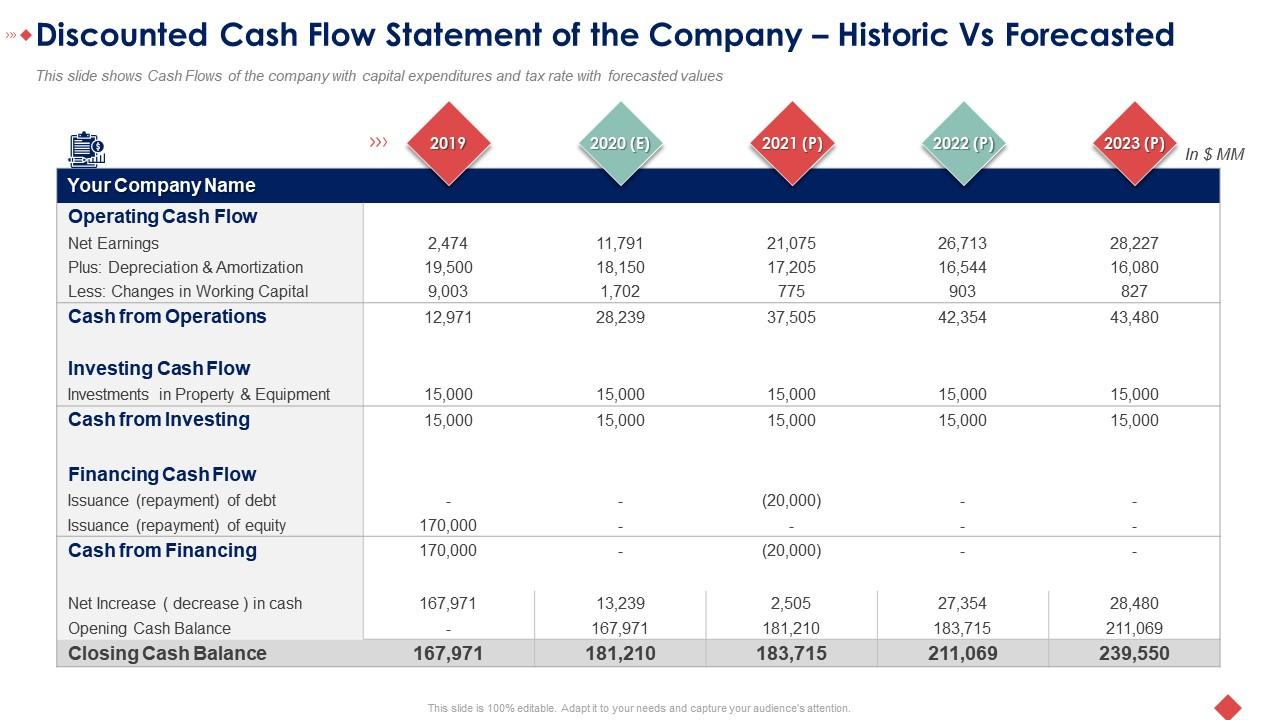Home>Finance>Internationalization: Definition, Examples, And Benefits


Finance
Internationalization: Definition, Examples, And Benefits
Published: December 12, 2023
Learn about internationalization in finance, including its definition, examples, and the benefits it offers businesses. Enhance your global market presence and expand your financial opportunities.
(Many of the links in this article redirect to a specific reviewed product. Your purchase of these products through affiliate links helps to generate commission for LiveWell, at no extra cost. Learn more)
Internationalization: Definition, Examples, and Benefits
Finance is a global phenomenon, and in today’s interconnected world, businesses are increasingly expanding their operations beyond their home countries. Internationalization is a key strategy that helps companies tap into new markets, diversify their revenue streams, and gain a competitive advantage. In this blog post, we will explore the definition of internationalization, provide real-life examples, and discuss its benefits.
Key Takeaways:
- Internationalization is the process of expanding a business’s operations beyond its domestic market.
- Examples of internationalization include setting up subsidiaries or branches in foreign countries, exporting products, and forming strategic partnerships.
What is Internationalization?
Internationalization, often abbreviated as “i18n” (due to the 18 letters between ‘i’ and ‘n’), refers to the strategic expansion of a business’s operations beyond its domestic market. It involves making necessary adaptations to products, services, and business processes to cater to the needs and preferences of international customers.
While many people use the terms “internationalization” and “globalization” interchangeably, they have different meanings. Internationalization focuses on entering foreign markets and adapting to local conditions, while globalization is a broader concept that encompasses the integration of economies, cultures, and societies.
Examples of Internationalization
Let’s take a look at a few examples that illustrate the different ways businesses can pursue internationalization:
- Luxury Car Manufacturer: A luxury car manufacturer might establish manufacturing facilities in various countries to take advantage of lower production costs and access local markets.
- E-commerce Retailer: An e-commerce retailer could expand its operations by offering international shipping and localized websites in multiple languages, allowing customers from different countries to make purchases.
- Fast Food Chain: A fast food chain might open franchised outlets in different countries, adapting their menus to cater to local tastes and preferences.
- Financial Institution: A financial institution might form strategic partnerships or acquisitions with banks in other countries to expand its presence and offer a wider range of financial services to customers.
Benefits of Internationalization
Internationalization offers several benefits for businesses. Here are a few key advantages:
- Market diversification: By entering new markets, businesses can reduce their reliance on a single market and mitigate the risks associated with economic downturns or regulatory changes in one country.
- Increased sales and revenue: Expanding into new markets allows businesses to tap into a larger customer base, which can lead to increased sales and revenue.
- Access to new resources and talent: Internationalization provides opportunities to access new resources, such as raw materials or specialized expertise, as well as tap into a global pool of talent.
- Competitive advantage: Businesses that successfully internationalize can gain a competitive advantage by offering unique products, services, or pricing strategies that differentiate them from competitors.
- Learning and innovation: Operating in different markets exposes businesses to new ideas, cultures, and consumer preferences, fostering learning, innovation, and the development of new products or services.
Conclusion
Internationalization is a strategic approach that allows businesses to expand beyond their domestic markets, adapt to different cultural and regulatory landscapes, and tap into new opportunities. By diversifying their operations internationally, companies can increase their market share, revenue, and competitive advantage. Whether it’s through establishing subsidiaries, exporting products, or forming international partnerships, embracing internationalization can be a game-changer for businesses in today’s globalized world.














